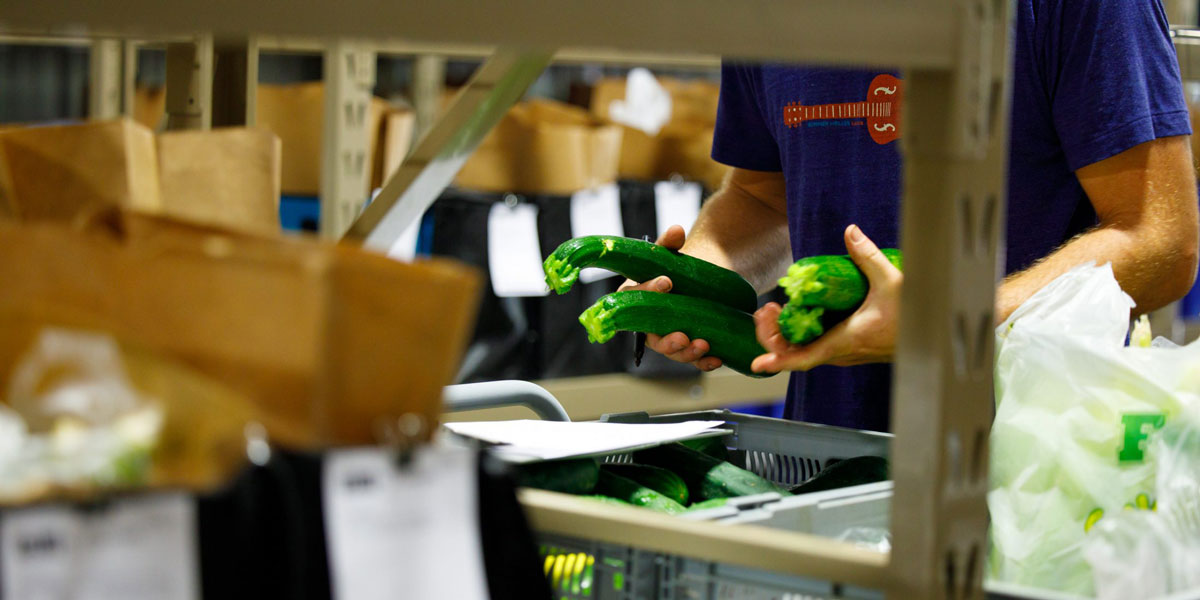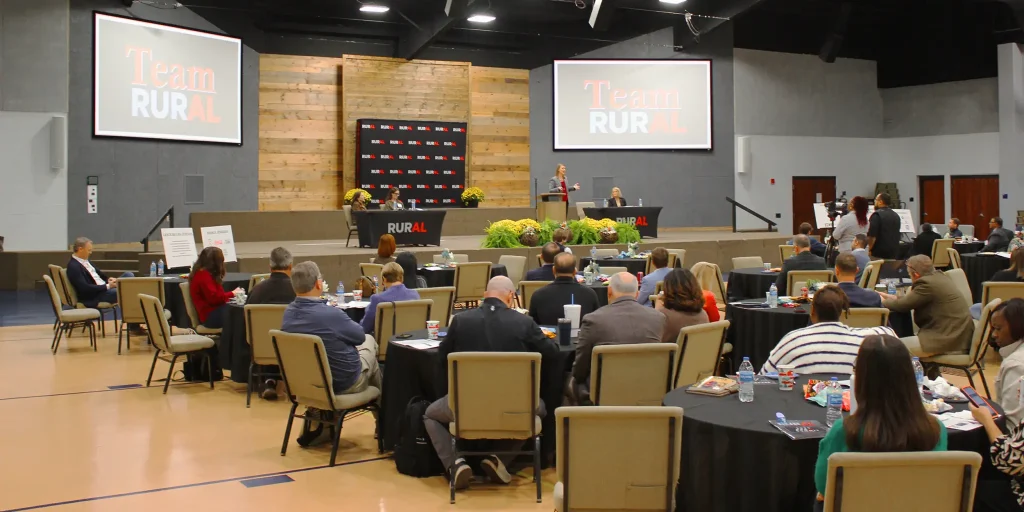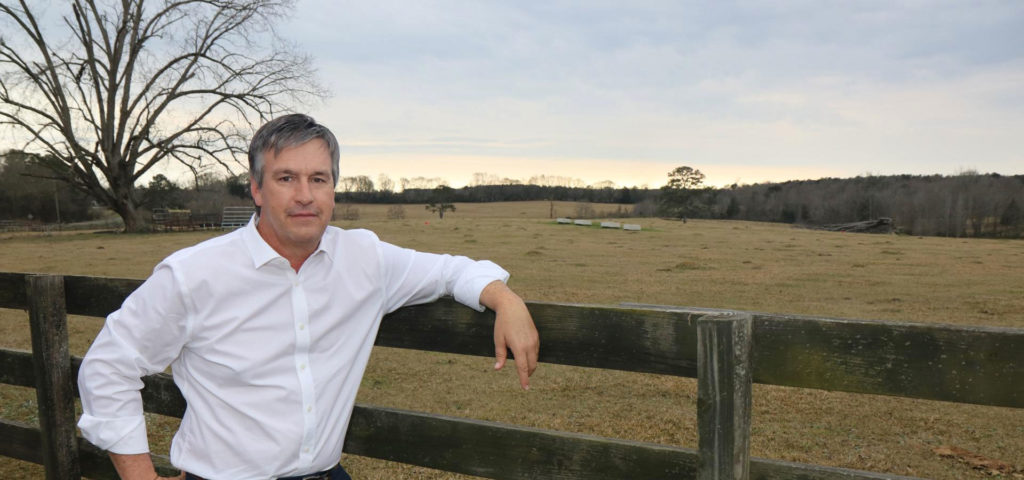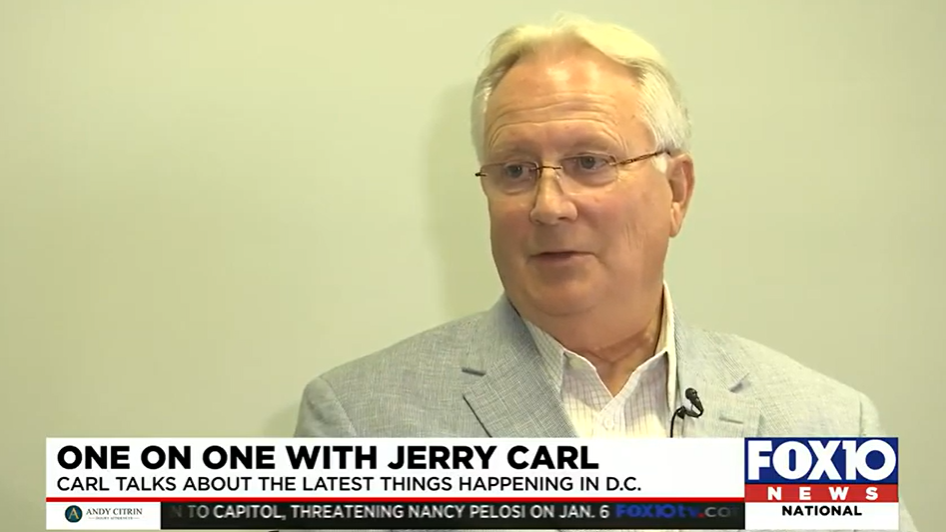There’s a new avenue for Alabama farmers to take their products to market, and it’s providing a growing number of residents with fresh, local food.
Market Wagon, an Indiana-based company that has expanded into the Birmingham area, connects farmers and other food producers with consumers via an online ordering and delivery service.
Mitch Hungerpiller, owner of Central City Urban Farm in downtown Birmingham, said the online farmers market has been a big boost for his business.
He grows a wide variety of lettuces at his hydroponic indoor farm, along with herbs, tomatoes and other produce.
“This provided the perfect opportunity for us to scale up,” Hungerpiller said of Market Wagon, which made its first delivery in Birmingham in September 2021.
“Our product has to be refrigerated and has a short shelf life, so I was struggling building my own distribution network.”
Today, the company partners with more than 30 food producers in Alabama, and its delivery service area stretches into 10 counties in the northern half of the state.
Each week, the ordering deadline is Monday at 1 a.m., and producers receive those orders early Monday. They have until midmorning Tuesday to deliver their products to Market Wagon’s Birmingham distribution center, and then the company’s delivery drivers head out.
“People can get fresh lettuce that was literally picked 24 to 36 hours prior,” Hungerpiller said. “Our lettuce is fresher than any they can get in the grocery store.”
Supporting farmers
Market Wagon sells and delivers a diverse lineup of local food and nonfood products, including beef, pork, chicken, eggs, milk, baked goods, condiments, soap, salves and oils.
Products available from the Birmingham hub include those from Heritage Hills Farmstead of Cullman, Lake Majestik Farms of Flat Rock, Blue Ribbon Dairy of Tallassee and Milligan Family Farms in Tuscaloosa County. A few farms in states bordering Alabama also sell through Market Wagon Birmingham.
Market Wagon, which opened in 2016 in six metro areas in Indiana and Ohio, has accelerated its growth over the past two years as the pandemic drove a keen new interest among consumers in locally sourced food.
The company now has more than 30 delivery networks across the Midwest and Southeast.
Customers pay a $6.95 delivery fee, with no subscription required. Producers set their own prices, and the revenue-sharing model means they take home the vast majority of their sales.
The business model is convenient for consumers and producers, said Dan Klein, community relations manager for Market Wagon.
Physical farmers markets can come with uncertainty for food producers, from the weather to the product mix, Klein said.
“You have to hope it’s not too hot or too cold or too rainy for shoppers to come out, and then you might have 50 ribeyes and wish you had brought 50 pork chops,” he said. “But with Market Wagon, these producers know exactly what they have sold, and we have a timely delivery system.”
Klein said Market Wagon wants to expand its delivery network in Alabama and is always looking for new vendors.
“We’ve found that it is a vital source of sustainable income for a minimal amount of work on the producers’ part,” he said.
“They are in charge of what to make or grow and how to price it.”
Growth potential
Brenda Tuck, Rural Development manager for the Alabama Department of Commerce, said Market Wagon is providing a key connection between rural Alabama and people interested in fresh, local food.
“Alabama’s rural counties are the source of a diverse mix of produce, meat, baked goods and more that are often hard to find in grocery stores or elsewhere online,” she said.
“Market Wagon helps farmers and other producers take those products to consumers in a fast and efficient way, so they can continue the hard work of growing, raising and making without missing a beat.”
Hungerpiller says Market Wagon not only helped him solve the logistics of delivering his products, but also assisted in raising the profile of his business.
“Their team promotes our products through social media, so they have helped solve our marketing issues as well,” he said. “They have had a successful rollout in other states, and they know from those other markets how to help farmers.
“It’s good for my brand awareness and bottom line.”
(Courtesy of Made in Alabama)













